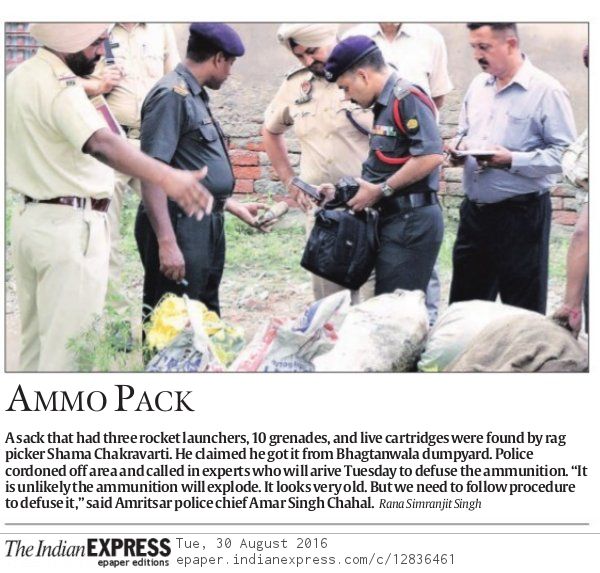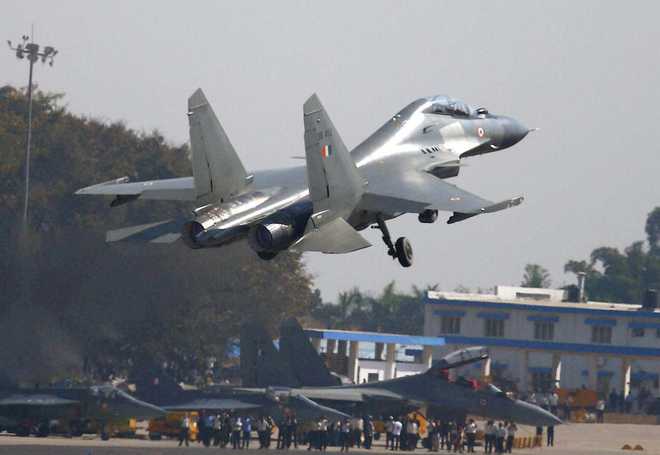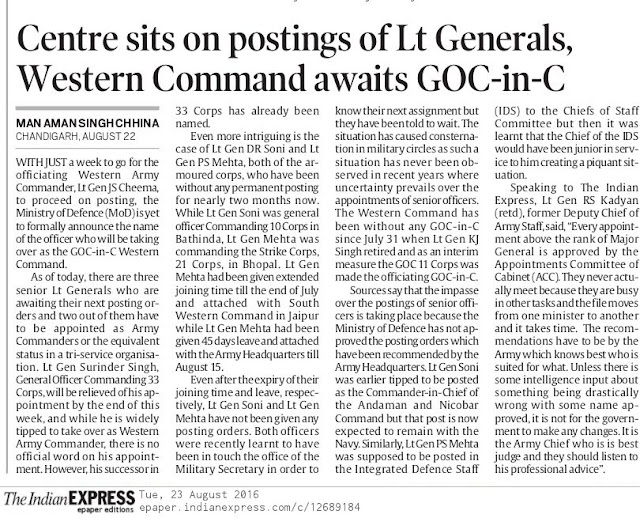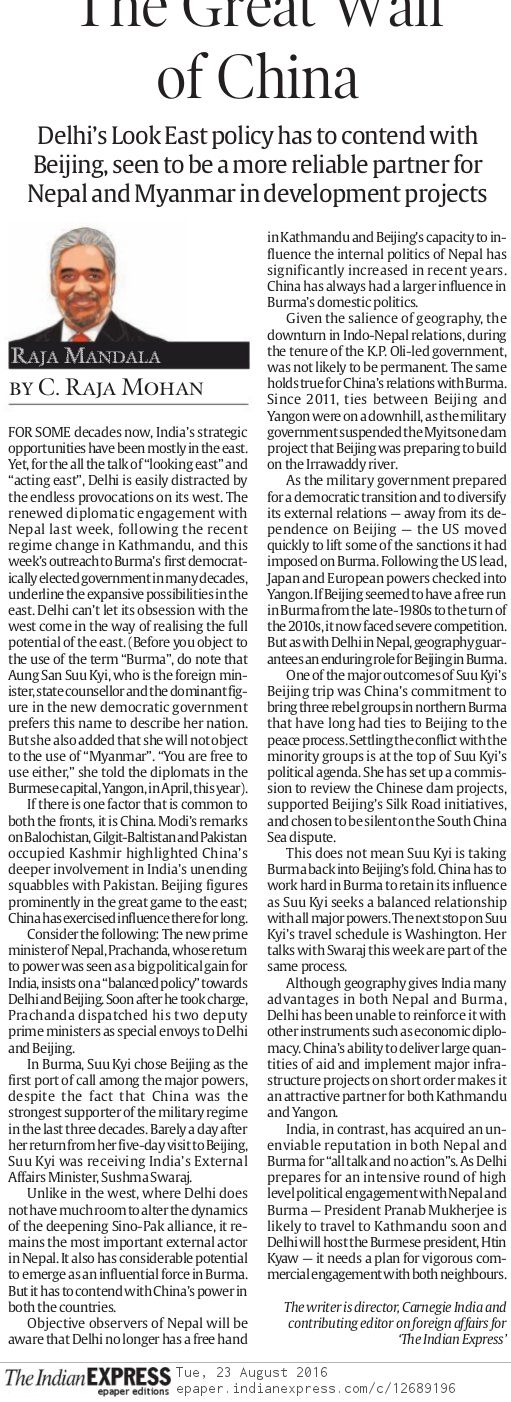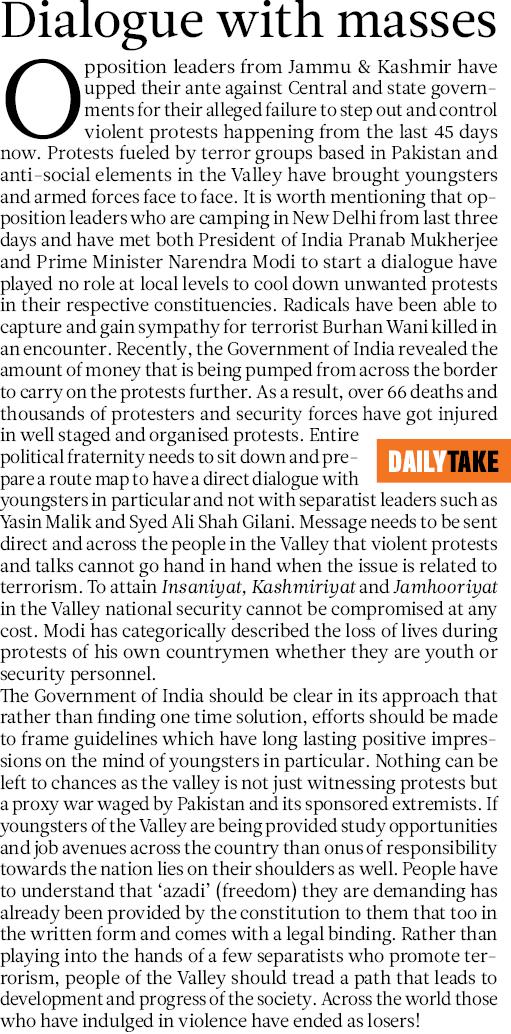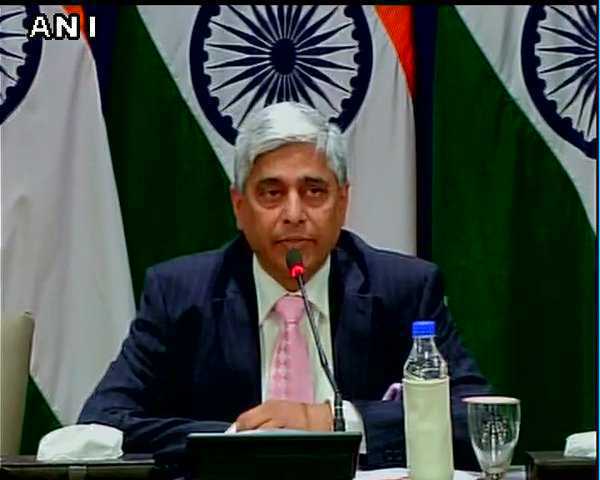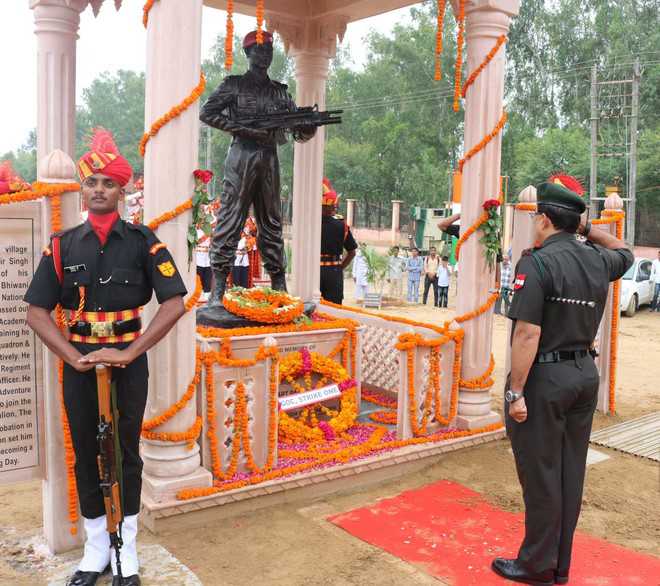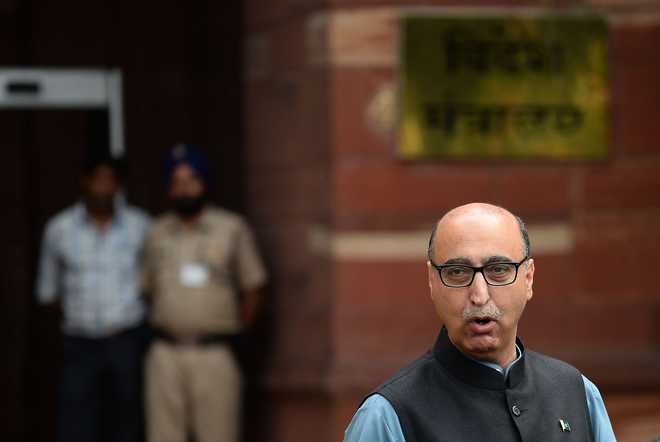NEW DELHI: Prime Minister Narendra Modi has faced flak from opposition parties for what they term as his “flip-flop” policy vis-a-vis Pakistan. But sources in the foreign policy establishment here said on Thursday that it was Pakistani Prime Minister Nawaz Sharif ’s sudden metamorphosis from a dove to a hawk that has imperiled the resumption of bilateral talks.
There was a “great chemistry” between the two leaders until the Pakistani Premier took New Delhi by surprise, calling slain militant commander Burhan Wani as a martyr and freedom fighter last July. He allowed terror outfits in Pakistan to hold rallies and demonstrations against India. Sharif then dedicated Pakistan’s 70th Independence Day on August 14 to the freedom movement in Kashmir.
New Delhi is still trying to come to grips with a transformed Sharif. On May 31, Modi had called him up to enquire about his health ahead of his open heart surgery in London. Sources said that Sharif called up Modi later, saying, “I am heading to the operation theatre and I need your best wishes.” That was the last time they spoke.
“Nobody know what happened after Sharif went back to Islamabad. He was totally changed. Lihaj khatm, aakhon mein sharm khatm, jahar ugalna shuroo kar diya,” said a source involved in the bilateral dialogue process. The Indian establishment has been wondering about the reasons for this change: Was it to fend off pressure at home after Panama leaks revealed the offshore assets of his three children? Was it the pressure from the army? Was it the local election in Pakistan-occupied Kashmir (PoK), a fortnight after Wani’s killing? There are no easy answers.
What the foreign policy establishment seems convinced about is that Sharif made efforts to improve bilateral ties. Modi had invited him, along with other SAARC leaders, to attend his swearing in ceremony on May 26, 2014. “Bam dhamakon mein baat-cheet ki awaaz band ho jaati hai,” Modi told his Pakistani counterpart the next day. Sharif agreed and the two sides decided to hold foreign secretary level talks, which were called off after Pakistani high commissioner Abdul Basit met Hurriyat leaders.Modi and Sharif met at Ufa in Russia in July 2015 and agreed to resume talks. There was no mention of Kashmir in their statement, which created a storm in Islamabad forcing Sharif to back off. They had a brief meeting in Paris on December 1. The Pakistani premier urged Modi to send external affairs minister Sushma Swaraj to Islamabad to attend Heart of Asia conference.
When the Indian PM expressed difficulties given the stalled dialogue process, it was Sharif who took the initiative that resulted in NSA level meeting in Bangkok, three days before Swaraj’s visit to Islamabad.
























































